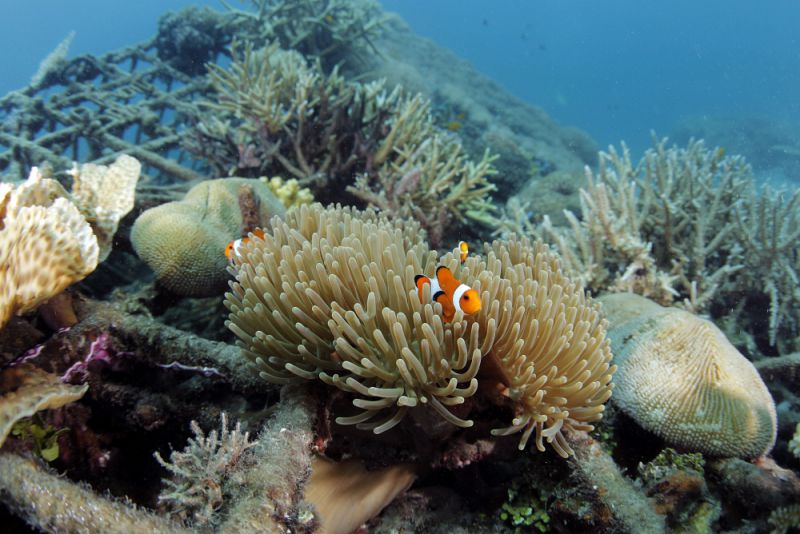By: Laura Owings
Send to a friend
The details you provide on this page will not be used to send unsolicited email, and will not be sold to a 3rd party. See privacy policy.
[CAPE TOWN] Reduced primary food production by microscopic plants in the Indian Ocean resulting from rising sea surface temperatures is contributing to a drop in marine life, according to a modelling study.
Researchers from France, India, South Africa and United States say that a decreasing trend in phytoplankton blooms — a component of ocean food webs — could be impacting the greater ocean ecosystem and food security.
In the study published in the journal Geophysical Research Letters this week (19 January, the researchers identify a 20 per cent decrease in marine phytoplankton, microscopic plants, in the Indian Ocean over the past 60 years.
“If this goes on, the availability of nutrients, biomass and then primary production of fish will decrease.”
Marchello Vichi, University of Cape Town, South Africa
“These trends are driven by atmospheric warming captured by the ocean and inhibiting natural mixing from vertical upwelling [rising of seawater],” says a co-author of the study, Marchello Vichi, an associate professor at the Department of Oceanography, University of Cape Town, South Africa.
Using climate projection modelling, supplemented with satellite observations of ocean chlorophyll concentrations and dating back to 1997, Vichi and the research team were able to analyse data from over 50 years in the western Indian Ocean.
They found historical simulations indicating that marine phytoplankton has decreased 20 per cent in the past six decades. Additionally, recent satellite data showed that the decline was up to 30 per cent over the past 16 years.
Marine phytoplankton are microscopic plants in the ocean that sustain the aquatic food web. They help drive the marine ecosystem and impact the global fisheries catch.
Phytoplankton bloom with the benefit of monsoons, which drive ocean water away from the surface, and recall nutrient-rich water from below. These nutrients then get to the most illuminated area of the water column, allowing for phytoplankton to grow and feed the marine ecosystem, Vichi explains.
“Despite an increase in monsoon circulation, ocean warming is creating conditions that are not favourable to upwelling,” says Vichi. “If this goes on, the availability of nutrients, biomass and then primary production of fish will decrease.”
According to the researchers, the Food and Agriculture Organization of the UN estimates that 20 per cent of the global tuna catch occurs in the Indian Ocean, with a previous study showing that over the past 50 years, tuna catch rates have declined by 50 to 90 per cent in the region.
“Any decline in the marine ecosystem could affect food security in the Indian Ocean Rim countries [including India, Madagascar, Malaysia, Mauritius, Mozambique, Oman, Seychelles, Somalia, South Africa, Sri Lanka and Tanzania], and will have an effect on economies and markets,” says the study’s corresponding author, Mathew Koll Roxy, a climate scientist at the Indian Institute of Tropical Meteorology.
“Our modelling should provide a framework to develop policies to limit both over-fishing and greenhouse warming,” Roxy says.
While South Africa’s Indian Ocean coastline is different from the western region in the study, O’Donoghue says climate change impacts a number of global industries.
“Our strategy is to put communities and ecosystems at the centre of our climate change response,” O’Donoghue explains, asserting: “With strong political leadership, a new mandate in the COP 21 Paris agreement, national legislation on the horizon and partnerships with local governments, the potential for implementing effective adaptation measures is good.”
This piece was produced by SciDev.Net’s Sub-Saharan Africa English desk.
References
Mathew Koll Roxy and others A reduction in marine primary productivity driven by rapid warming over the tropical Indian Ocean (Geographic Research Letters, 19 January 2016)














